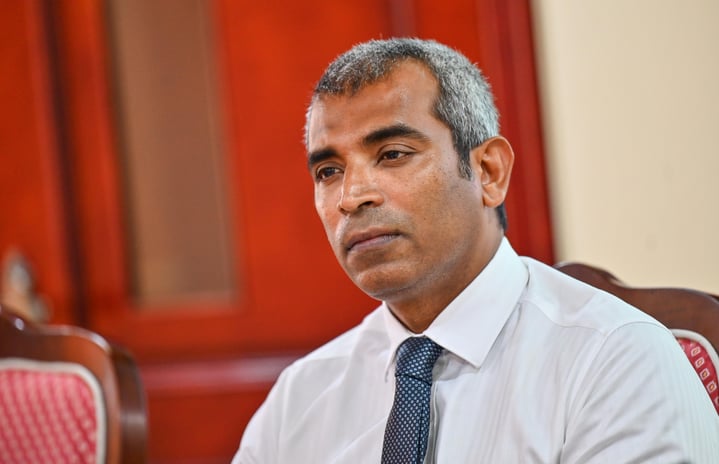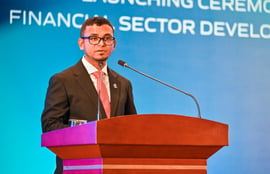Auditor General Hussain Niyazy has said that more than 12,000 purchase orders (POs) at Fenaka Corporation were not entered into the company’s system when the audit began.
Speaking at the Parliament’s Public Accounts Committee, Niyazy said goods and services worth MVR 3 billion had not been recorded, highlighting major lapses in the company’s record-keeping.
He added that such shortcomings were among the main reasons for delays in completing audits.
According to the latest audit report, Fenaka awarded a project worth MVR 1.3 billion without a bidding process.
Several projects were reportedly granted to companies owned by leaders of the ruling party.
Niyazy stressed that corruption within state owned companies cannot be determined by audits alone and called for stronger oversight by their governing bodies.
“How do we reduce waste and fraud? Can only a special audit prevent this? I think there are many problems,” he said.
“The whole governance system needs to be improved to resolve this. A managing director and a board are entrusted to run a company. Both have responsibilities. There are other agencies involved as well, such as the PCB, which appoints managing directors and board members.”
He noted that although the Privatization and Corporatization Board (PCB) is an independent body, it has delegated the power to appoint managing directors to the president. This has remained unchanged for the past 10 years.
Niyazy also pointed out that state-owned companies receive subsidies from the Finance Ministry, which requires close monitoring of how the funds are used.
Niyazy said previous audits of Fenaka had already highlighted major financial and operational problems within the company. Broader, systemic reforms, are needed to address such issues across the state sector, he said.




